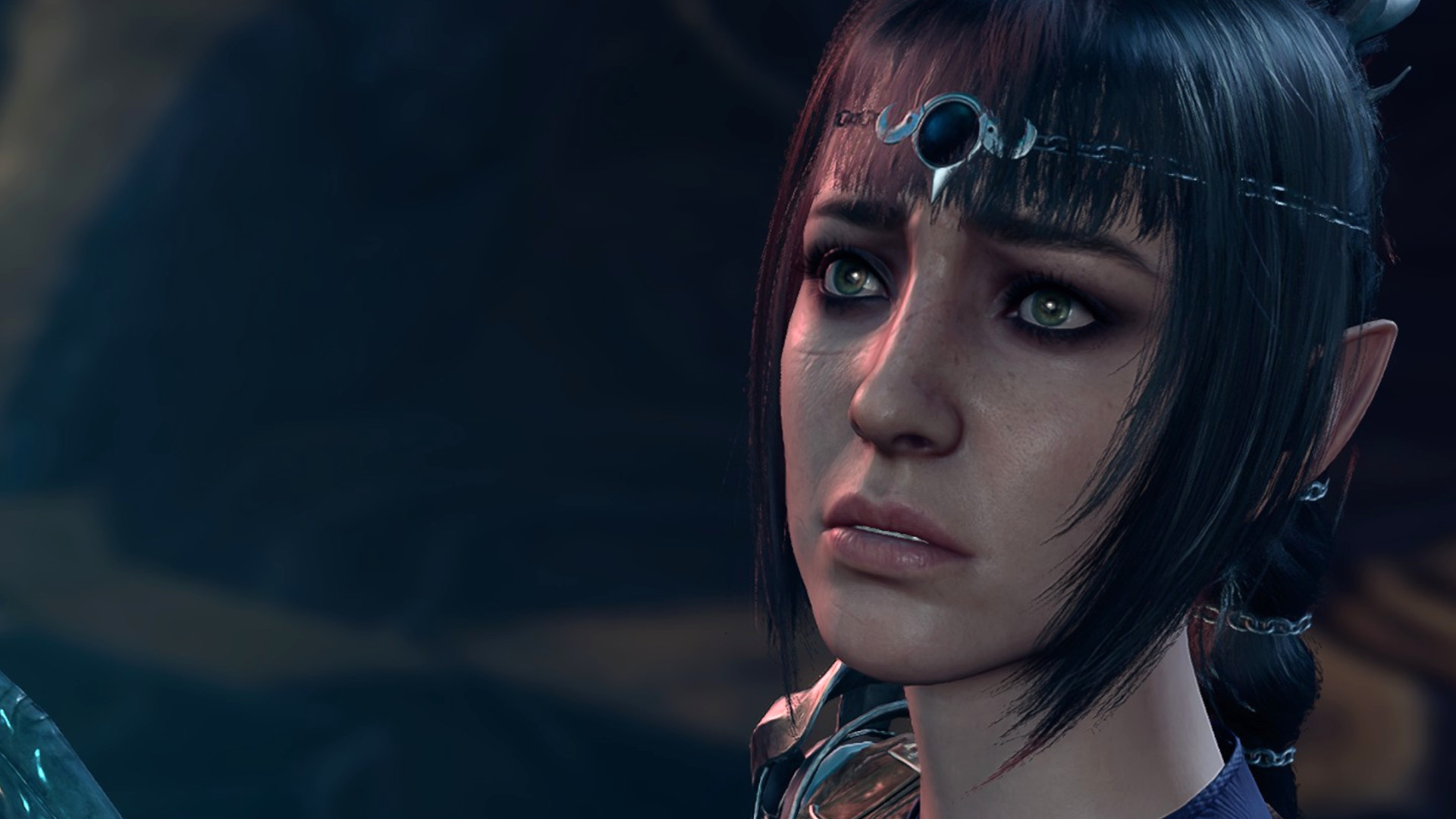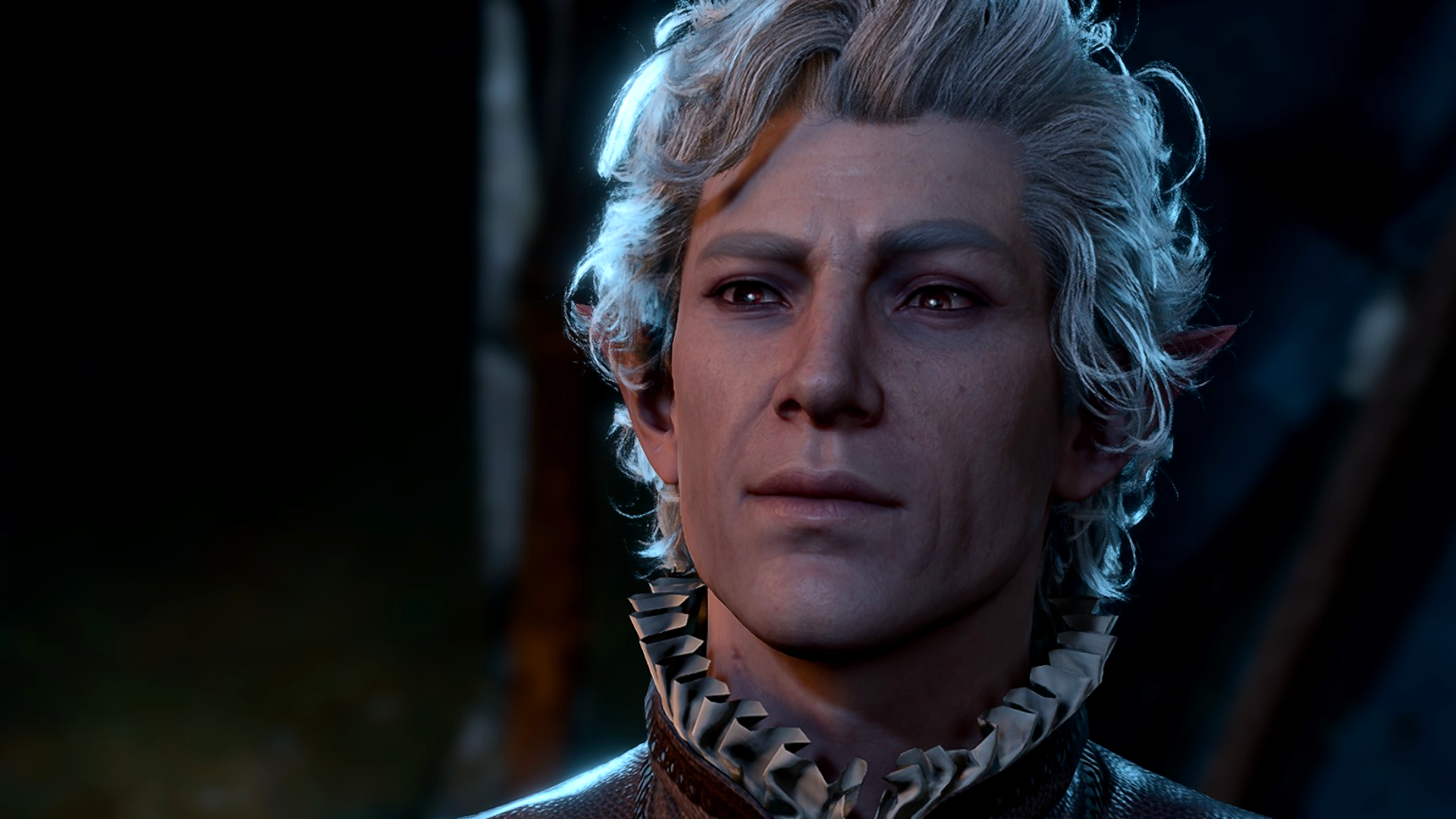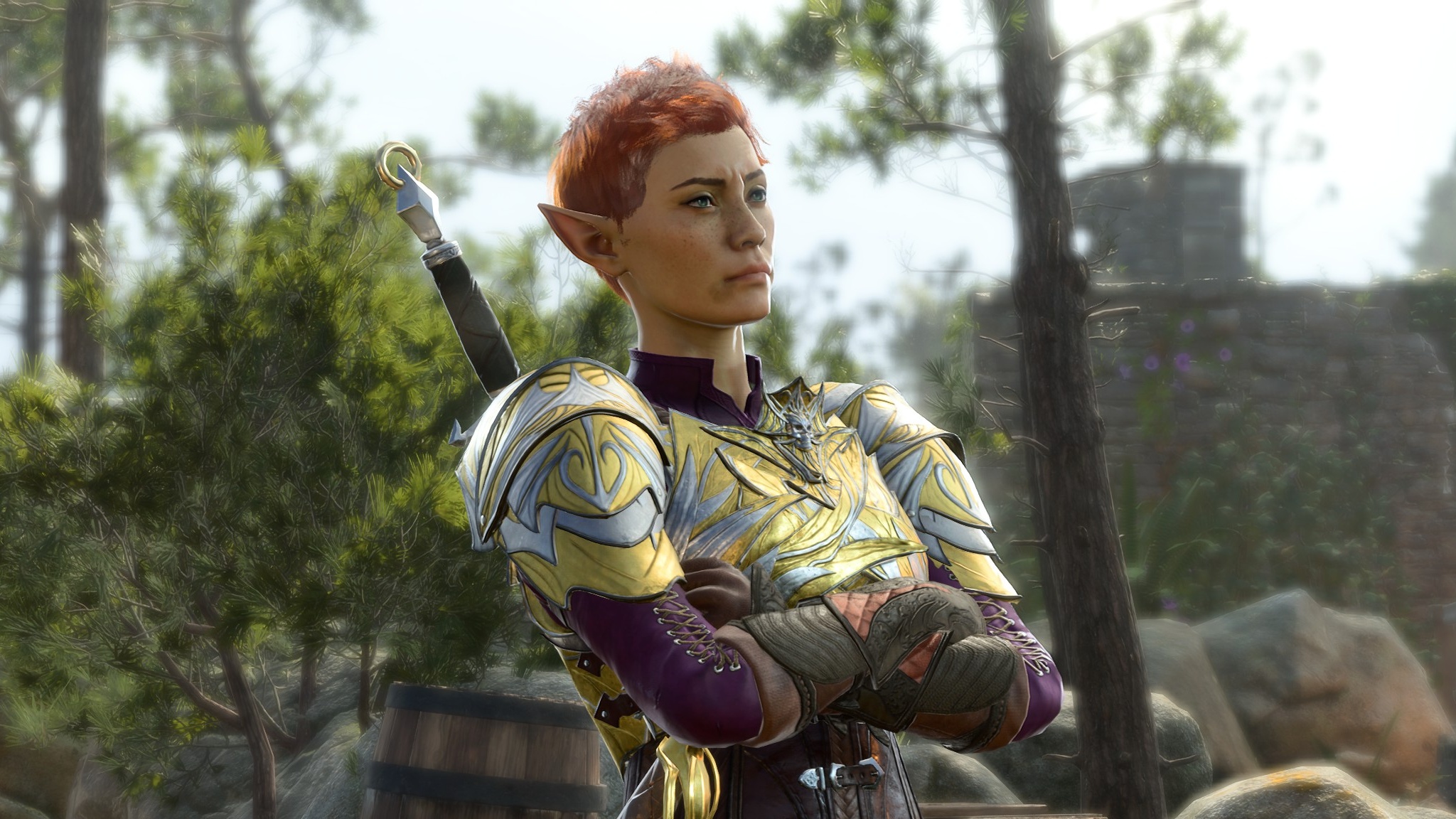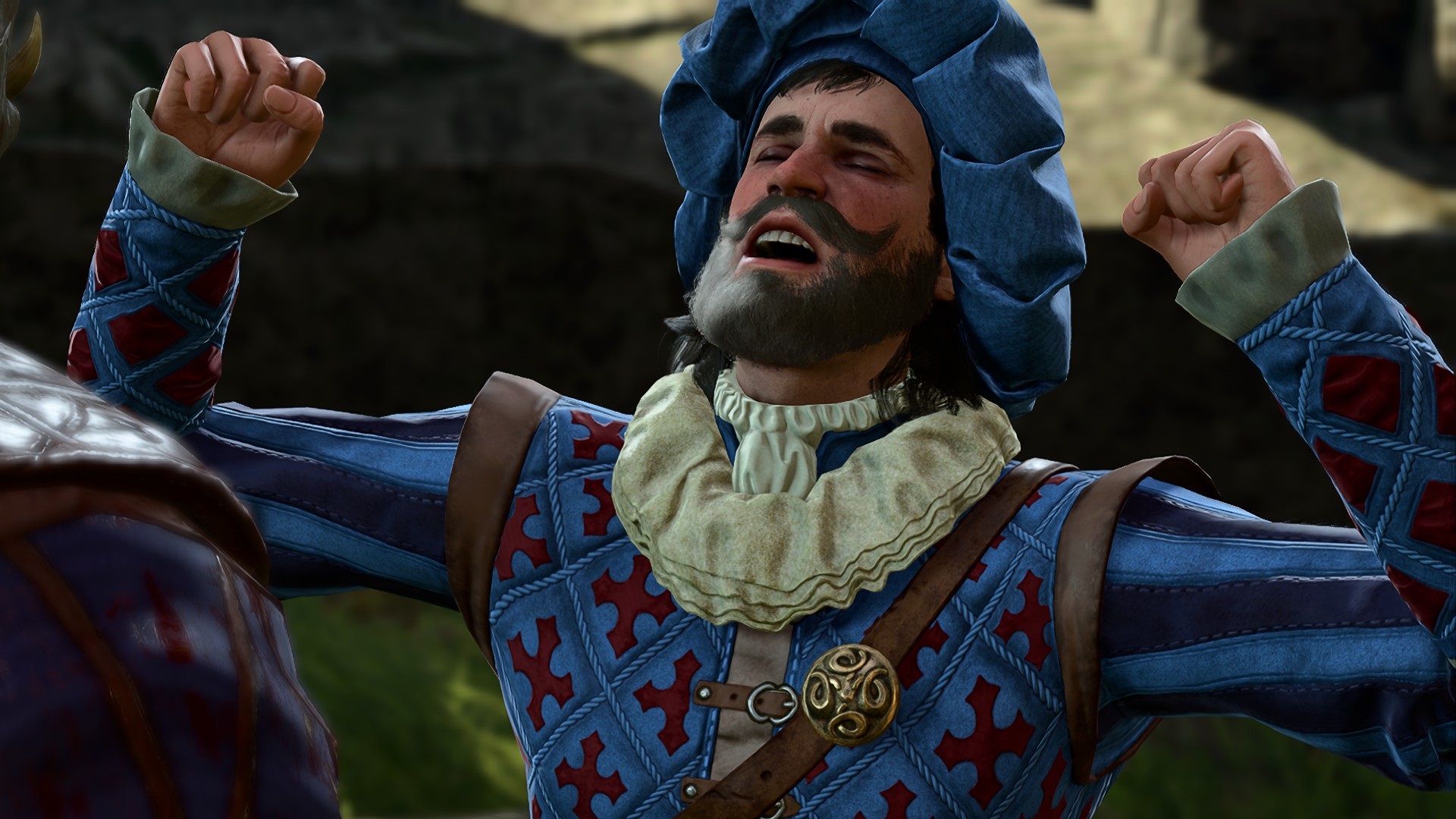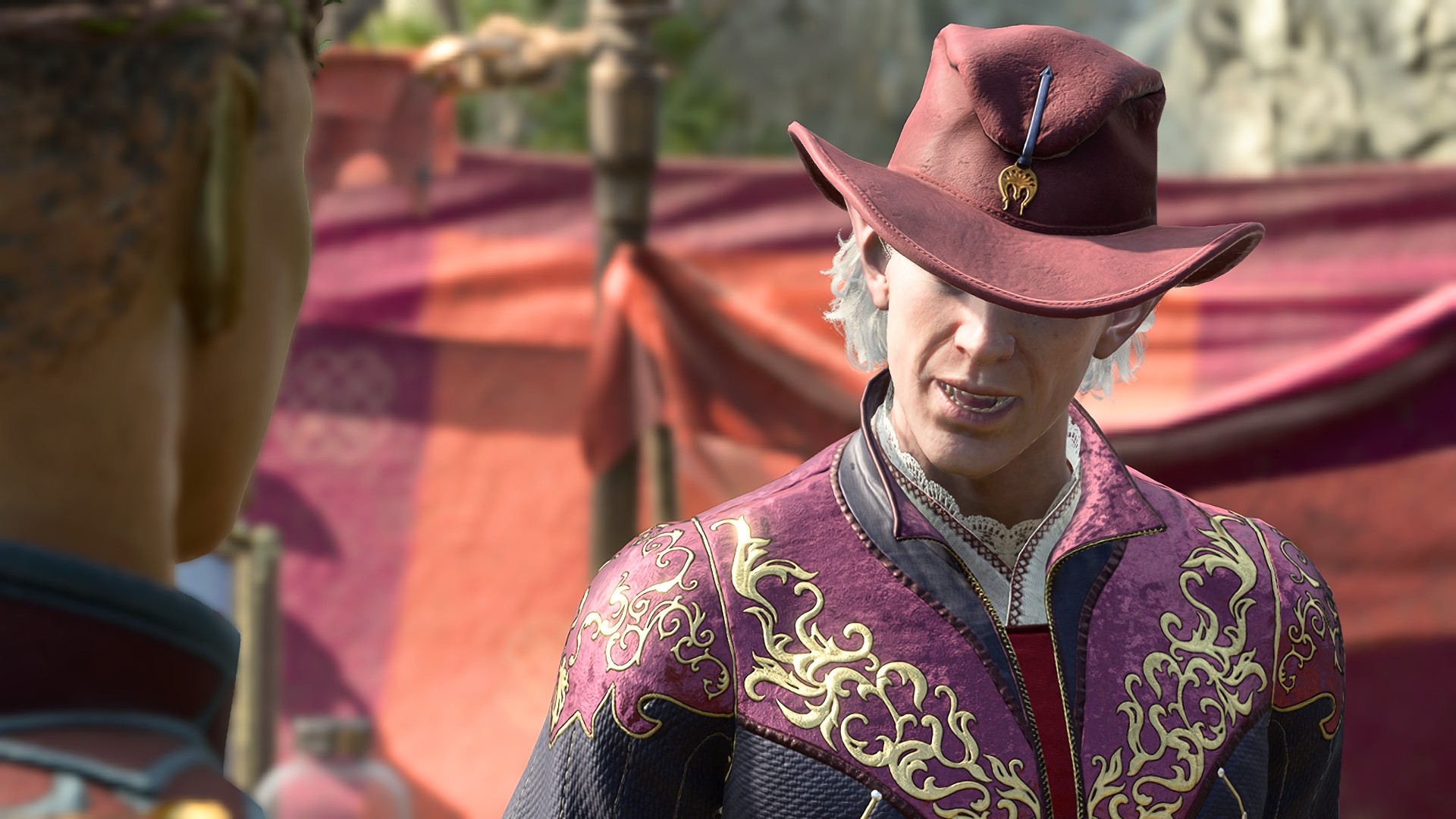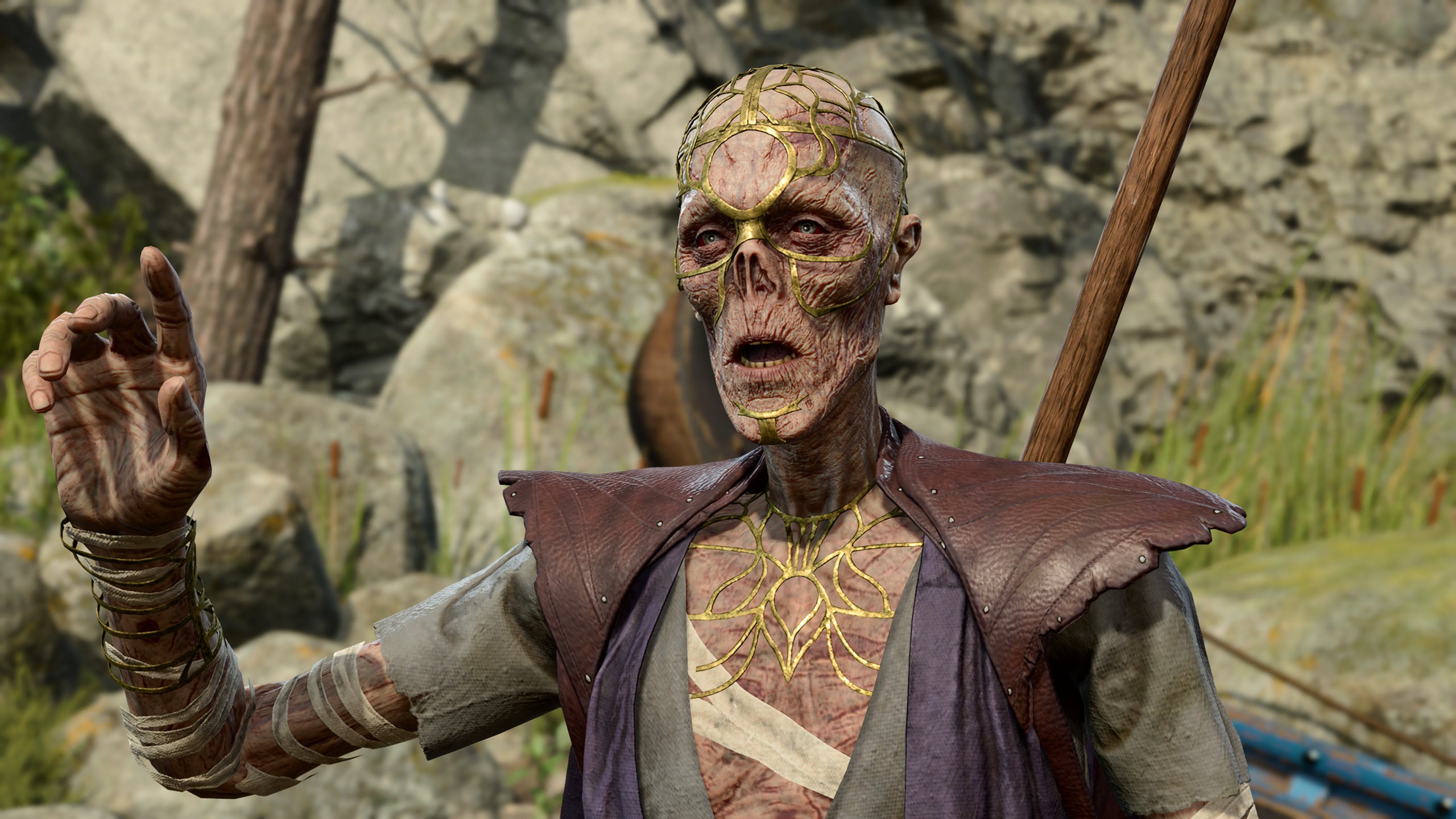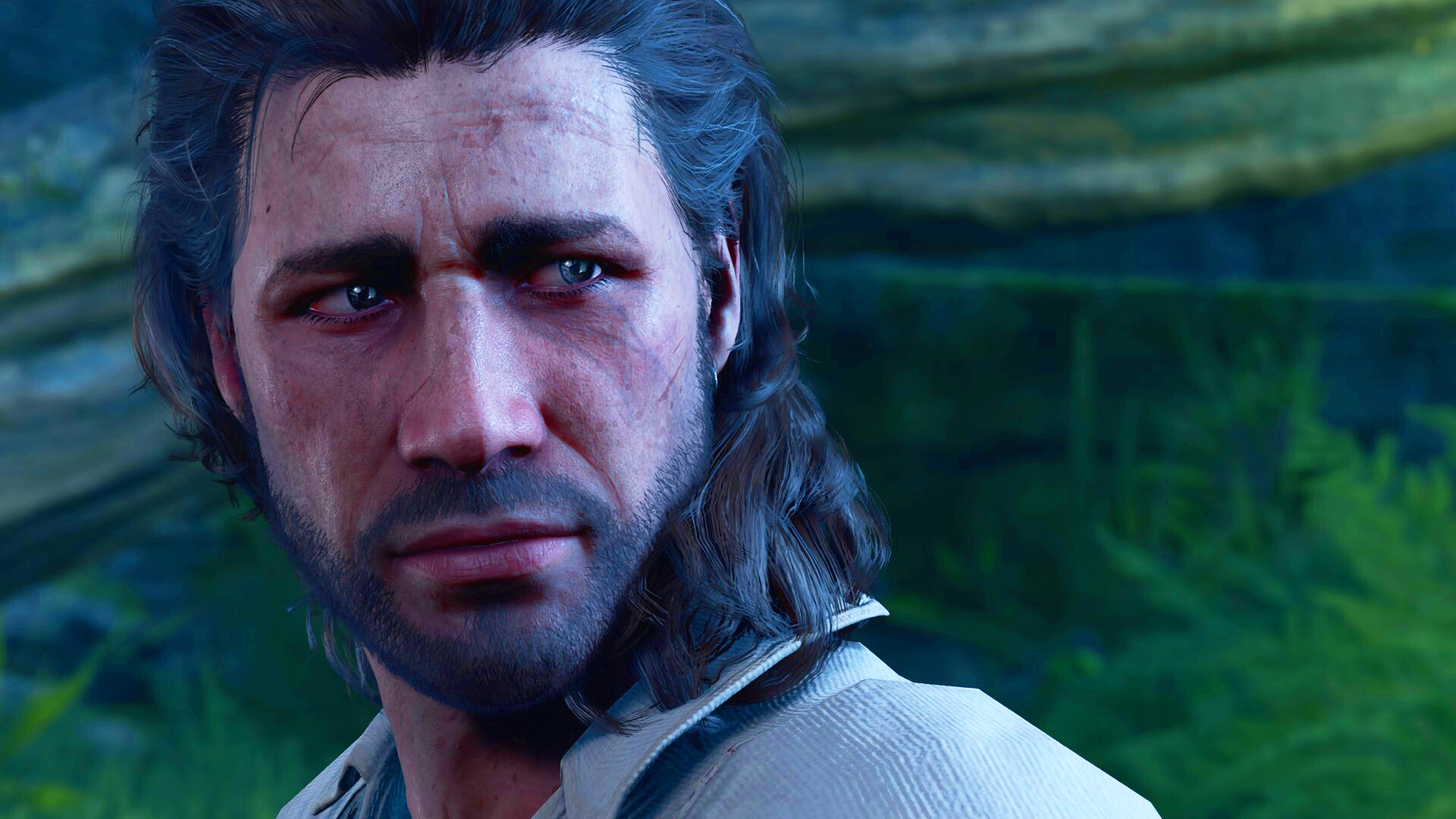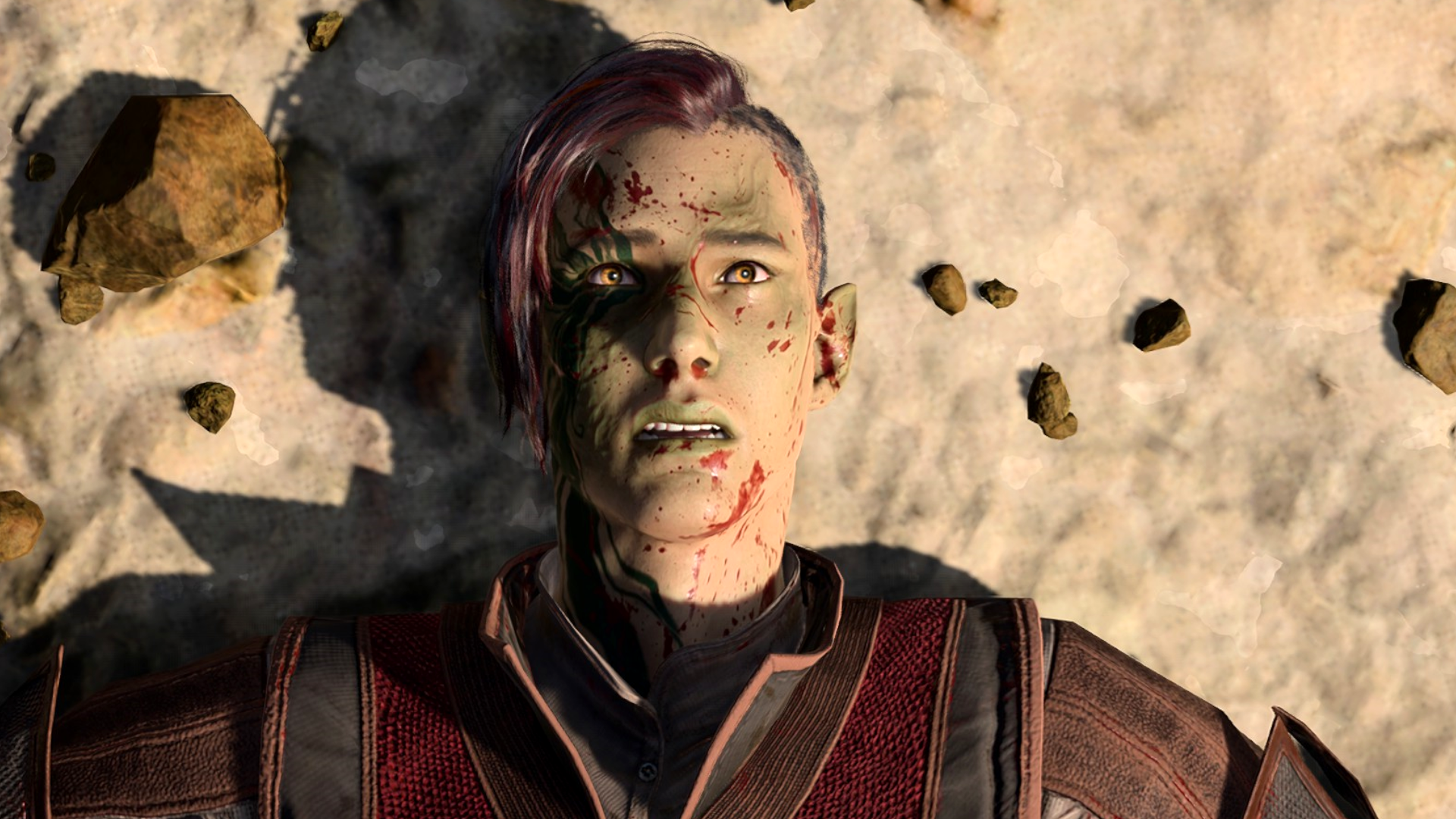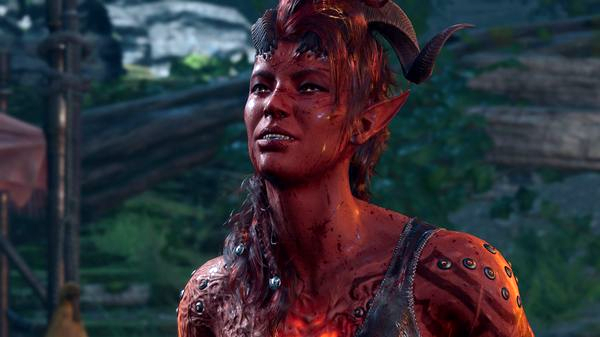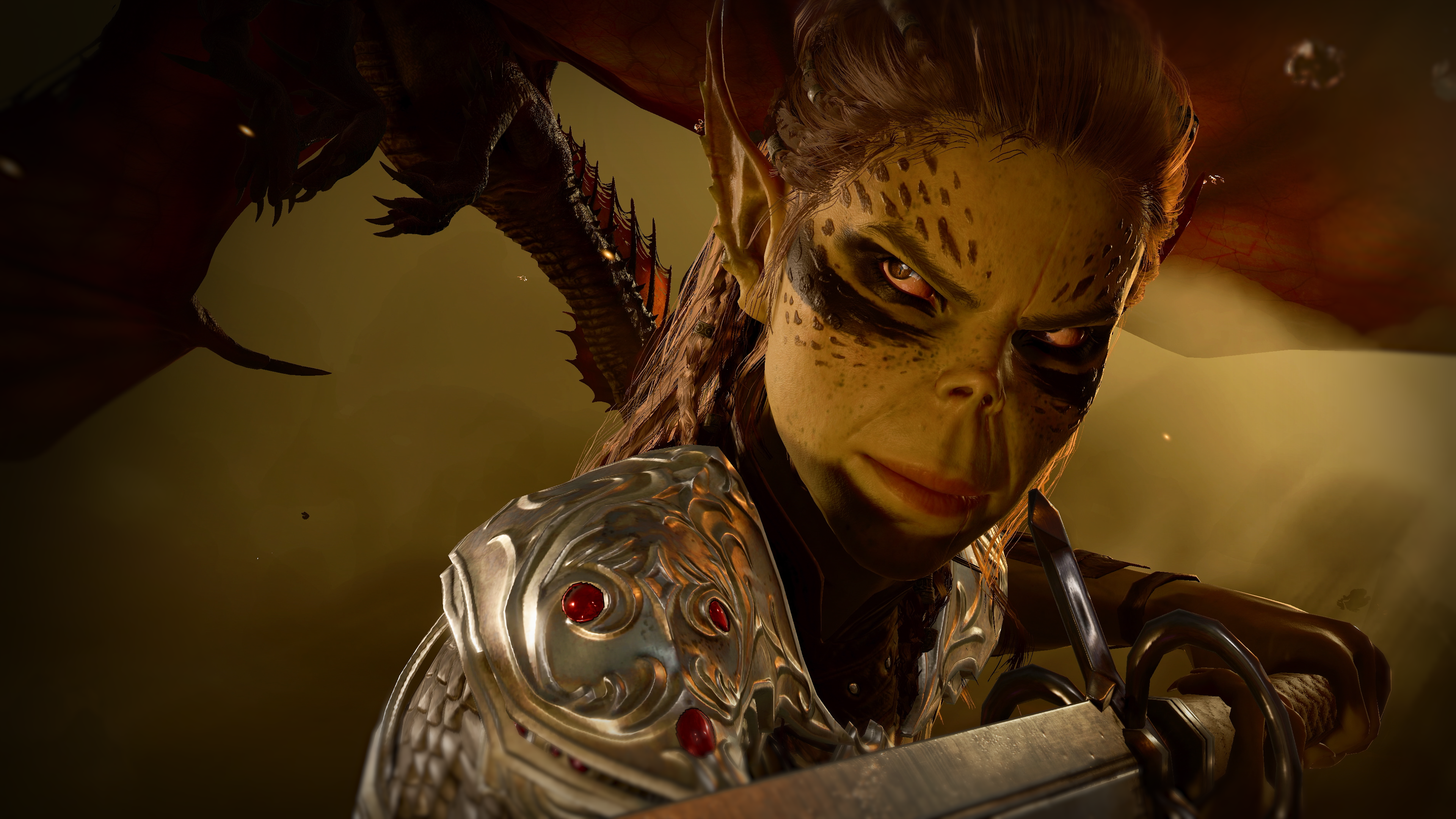12 tips for surviving Baldur's Gate 3's Honour Mode
Rocks fall, everyone survives.
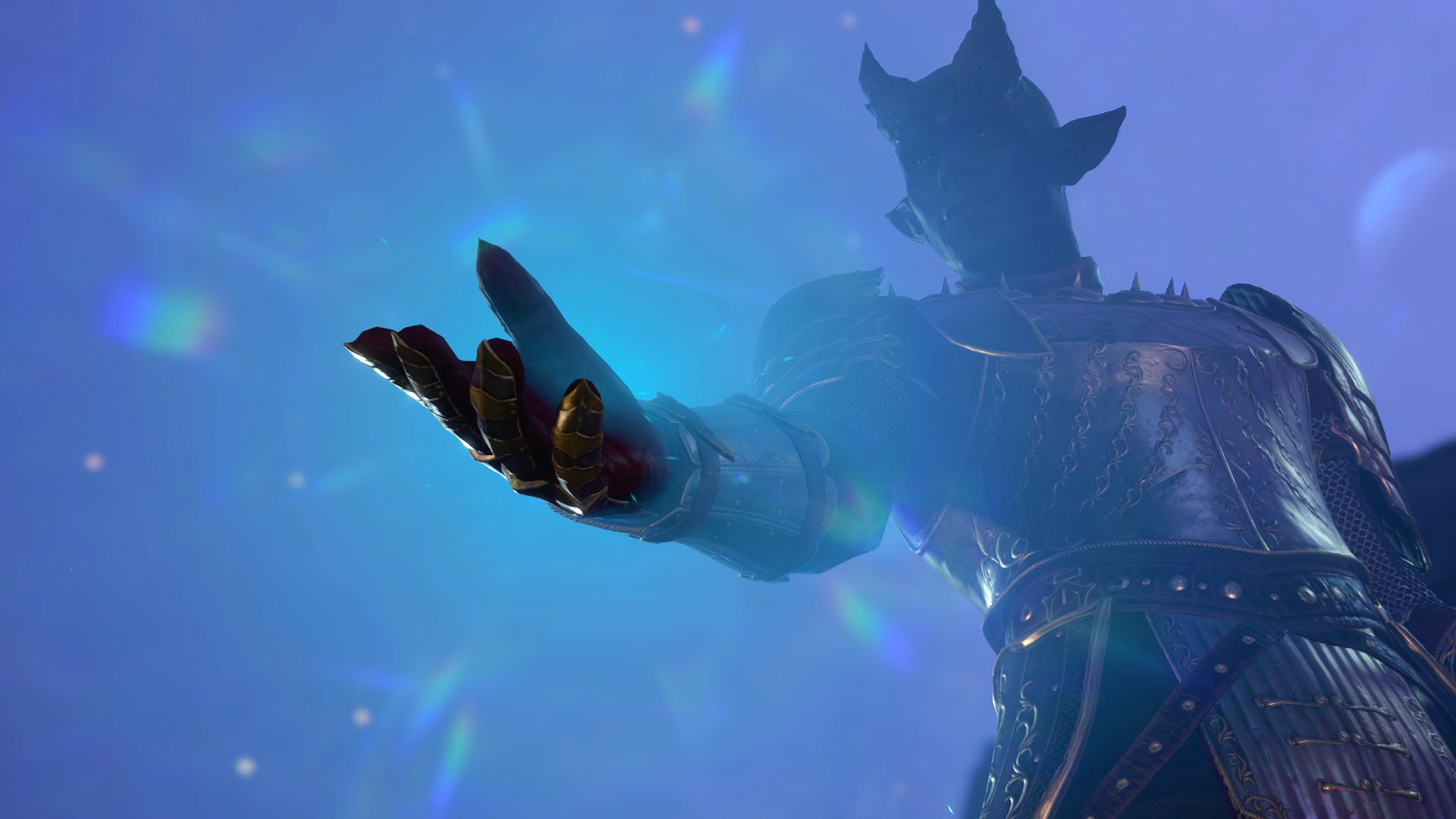
Baldur's Gate 3's punishing Honour Mode has been out for a while now. This permadeath-style challenge tasks you with completing the game before suffering a single party wipe (though you can convert it to a custom game and finish the story if you beef it).
As someone who has played an unfortunate amount of Dungeons & Dragons—and a less uncomfortable amount of Baldur's Gate 3—I'm here to give you a few tips on surviving Honour Mode, and what is likely to be your most dangerous jaunt through the Sword Coast yet.
To heal, or not to heal
It's common knowledge that healing in Dungeons & Dragons 5e—the tabletop ruleset Baldur's Gate 3 is built atop—generally isn't worth the trouble until someone's unconscious. That's because healing doesn't really outpace damage, so it's not worth it to keep people topped off. You usually just wait until someone hits the dirt and sling a Healing Word their way.
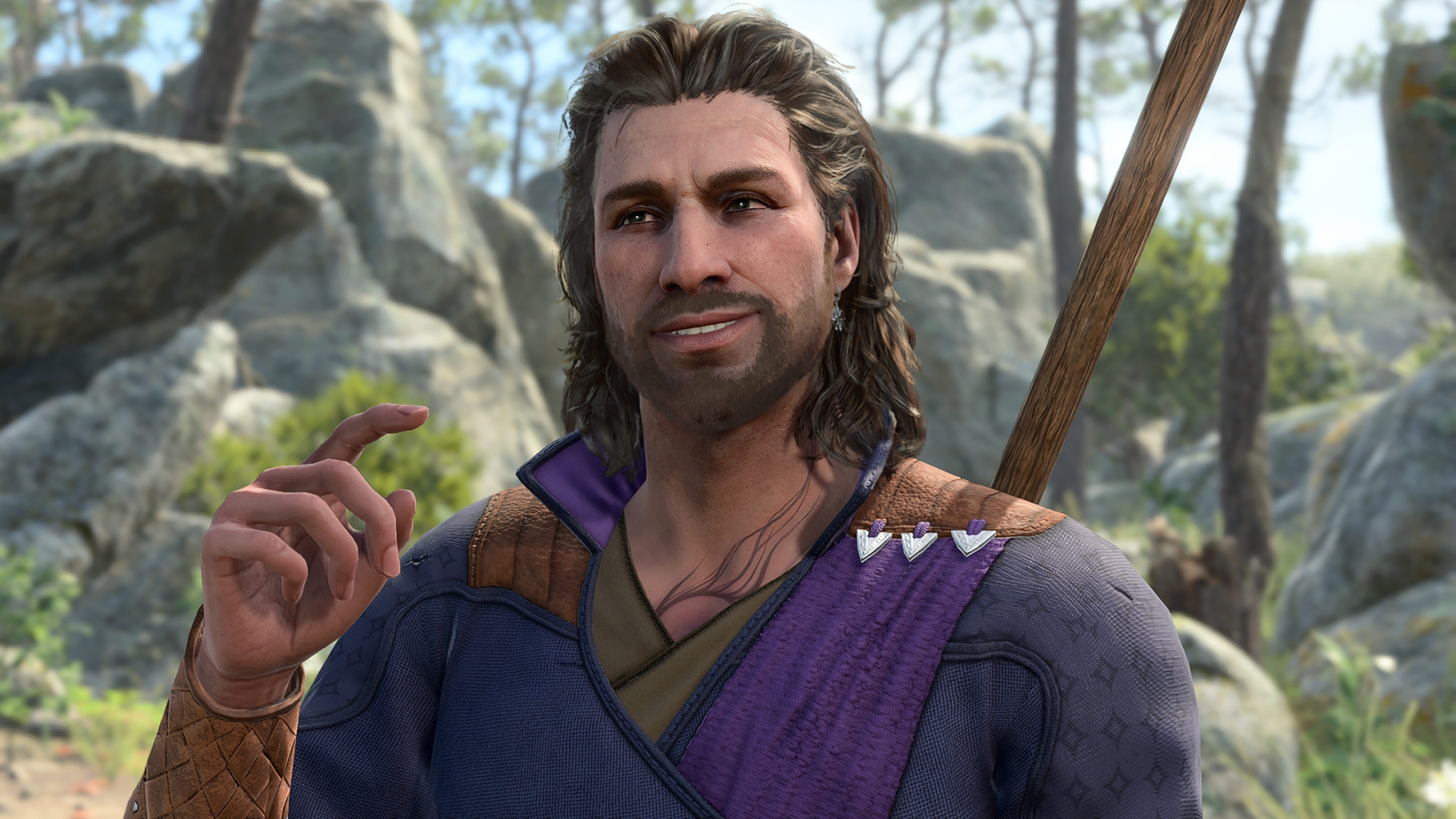
Baldur's Gate 3 guide: Everything you need
Baldur's Gate 3 tips: Be prepared
Baldur's Gate 3 classes: Which to choose
Baldur's Gate 3 multiclass builds: Coolest combos
Baldur's Gate 3 romance: Who to pursue
Baldur's Gate 3 co-op: How multiplayer works
This is mostly true in Baldur's Gate 3, but there's a catch: when you're brought back from being downed, you lose your action (but not your bonus action and movement) for that turn. This is actually a huge disadvantage, one that can lead to a death spiral in short order. But that common knowledge still remains true—unless you're a Life Cleric, it's not worth burning your action to keep people topped up. So what to do?
Firstly, you should be making use of Potions of Healing. They're plentiful and you can chug 'em with a bonus action. Even if your party member survives on just 1 HP, you've successfully clawed back a whole Action to use on their next turn—which is huge.
Secondly, when someone does go down, consider whether reviving them is actually helpful. If they're likely to just get knocked out again, and you don't have a bonus action option for healing spare, then you'll have just sacrificed two whole actions (one from the healer, one from the unlucky party member) to achieve a net zero.
Conversely, if there's just one enemy left, reviving them can be a smart idea. The AI usually goes for the weakest link, and I've won several fights by tricking the last enemy into a revive loop, effectively stunlocking them. They tunnel-vision on the poor sod I have drifting in and out of consciousness, while my two other party members whittle them down with cantrips. If it's stupid and it works, it's not stupid.
Keep up to date with the most important stories and the best deals, as picked by the PC Gamer team.
Charisma, skill checks, and you
Baldur's Gate 3 doesn't really allow your party members to chat on your behalf during most conversations. It also has quite a few fights you can skip entirely with a little smooth talking. This makes a high-Charisma character supremely helpful for any Honour Mode run, since you can't die to fights you don't start.
Bards, Sorcerers, and Warlocks all use Charisma as their primary spellcasting stat. However, special mentions should be made for the Rogue—who can also gain Expertise in social skills like the Bard—and the Paladin. The Paladin will be less charismatic, sure, but it's a really strong class for when things do come to blows.
Skill checks are also permanent in Honour Mode's one-save-only ruleset. This means you should consider spells and features which will give you a boost to rolls you really don't want to fail. Guidance, Enhance Ability, Bardic Inspiration, and the Lucky Feat can all help you avoid a terrible fate.
Positioning is key
Since the stakes are so much higher, you'll need to make sure combat doesn't devolve into a slugfest. As such, you really need to keep an eye on where your party's positioned during fights. One particular way to exploit this is to find a chokepoint and funnel your enemies into it—a door, a tunnel, anything will do. Always try to avoid fighting big groups in large, open rooms.
In Act 1, there's a fight with some bandits inside the ruins near where the Nautiloid crashes. If you barge into the room where they're all gathered, you'll be severely outnumbered. However, if you keep everyone back and position a character near the lever next to the door, you can shut the rest of the enemy group out and deal with them one by one.
Here's a quick clip of that in action. As you can tell by the desperate, many attempts one of these poor sods is making to try and get in, I've thoroughly cut my enemies off from their reinforcements.
In general, you also want to make sure your group's spread out. Area of effect damage can be a real run-ender, especially when you start working knockbacks into the equation. It should also go without saying: don't stand next to ledges, you will get shoved into them.
Area of effect spells are king
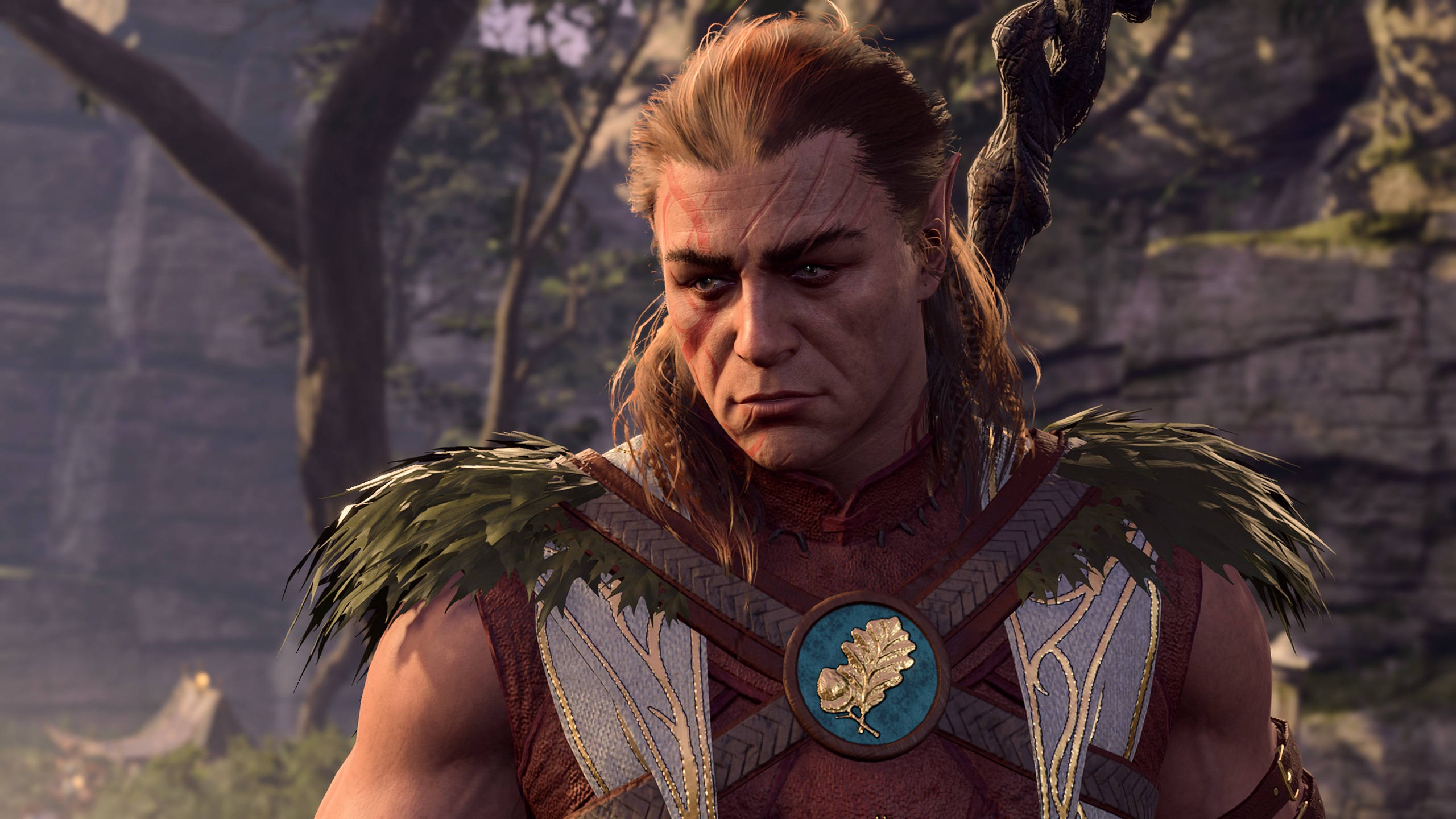
Used in conjunction with the choke point and positioning advice above, make sure you've got some spellcasters loaded up with area-of-effect denial spells like Hunger of Hadar, Stinking Cloud, and my own personal favourite—Spike Growth. Here's a nice example of it in action.
Proper use of these spells—especially when combined with each other—can completely trivialise a lot of otherwise difficult fights. I've often found myself perched behind a closed door while the enemy AI panics and rushes to its death.
Your strongest potions
Consumables, throwables, elixirs, special arrows, and potions are especially powerful in Baldur's Gate 3, and you should be using them to your full advantage. That bandit encounter I mentioned was made far easier by hucking a humble bottle of grease into the choke point. The game gives you a ton of them, too—so make them count.
In particular, you want to keep your eye out for Potions of Speed, Elixirs of Heroism, Bloodlust, Viciousness, and Universal Resistance. Arrows of Roaring Thunder also get a special mention for letting you hurl enemies off ledges from afar.
Send in lone soldiers
If you're in any dangerous sort of area—one that might contain traps, for instance—it's vital to make sure whoever's disarming stuff for you is sent in alone. That's because there are several traps which, if mis-managed, can wipe you out in a matter of seconds. To quickly group and ungroup your party, you can hit Shift + G on the keyboard.
Respec everything
Respecing is both cheap at 100 gold a head, and the easiest way to make sure your party's the strongest it can be. Once Withers is in your camp, consider using him to tweak your group's stats and subclasses.
Shadowheart is the most egregious example among the default crew. While her Wisdom and Constitution scores are helpful, she has 13 Strength and 13 Dexterity for some godforsaken reason, which is outright useless. Generally speaking, you want to focus on either Strength or Dexterity—but not both. Her Trickery Domain subclass, while useful in some fun multiclass builds, otherwise doesn't bring a whole lot to the table, so you may consider changing that up.
You should also go through and see if anyone else in your party needs a tune-up. For example, if you really only care about efficiency, you can dump Charisma on anybody who doesn't use it as a main stat, since they won't do the talking for you.
Stow a backup at camp
This is more of a cheese strat, but it can be especially useful if you expect a fight to have some unexpected Legendary Actions and you want to do some scouting first. Honour Mode only ends if you have a total party wipe—however, if just three of your party members fall, you're golden. As long as there's someone there to bring the bad news back to Withers.
This means that you can simply enter a fight with three party members while keeping a fourth back at camp. This isn't advisable if you actually want to win, since being a person down will put you severely on the backfoot, but it's a useful way to gather tactical information without being surprised.
However, according to some players, certain fights bug out if you do this, so use your discretion. The rule of thumb seems to be big, climactic showdowns, like the boss at the end of Act 2—your mileage may vary.
Choose your battles
This is especially important in Act 1, though it carries over to the rest of the game—Baldur's Gate 3's difficulty is weird. There are several fights which will merrily flatten your group if you stumble into them too early, such as the "Find the Shipment" battle with the gnolls. Having a good working knowledge of what spots to hit first will let you enter later fights with more levels under your belt.
My personal route for Act 1 is to beeline for the druid grove, tackle the bandit ruins to pick up Withers, clean up the Blighted Village (including the herbalist necromancer's basement where you find the Necromancy of Thay), then loop back to the grove to save that poor shmuck of a kid from getting drowned by harpies. From there it all becomes a little more jazz-like, but it's still a solid start.
Food, glorious food
If you've played Tactician Mode, you've probably gained an appreciation for this already—but since your saves are permanent here, it's even more important. Long Rests require 80 supplies in both Tactician and Honour Mode.
They're more important in the latter, since you'll want to make sure you're as prepared as possible for any big fights that'll give you trouble. Hoover up every single stray piece of food you can see, and keep an eye out when trading with merchants to see if they have supply packs, too. When combined with the next trick, you should never be short on snacks.
Shops refresh on a Long Rest
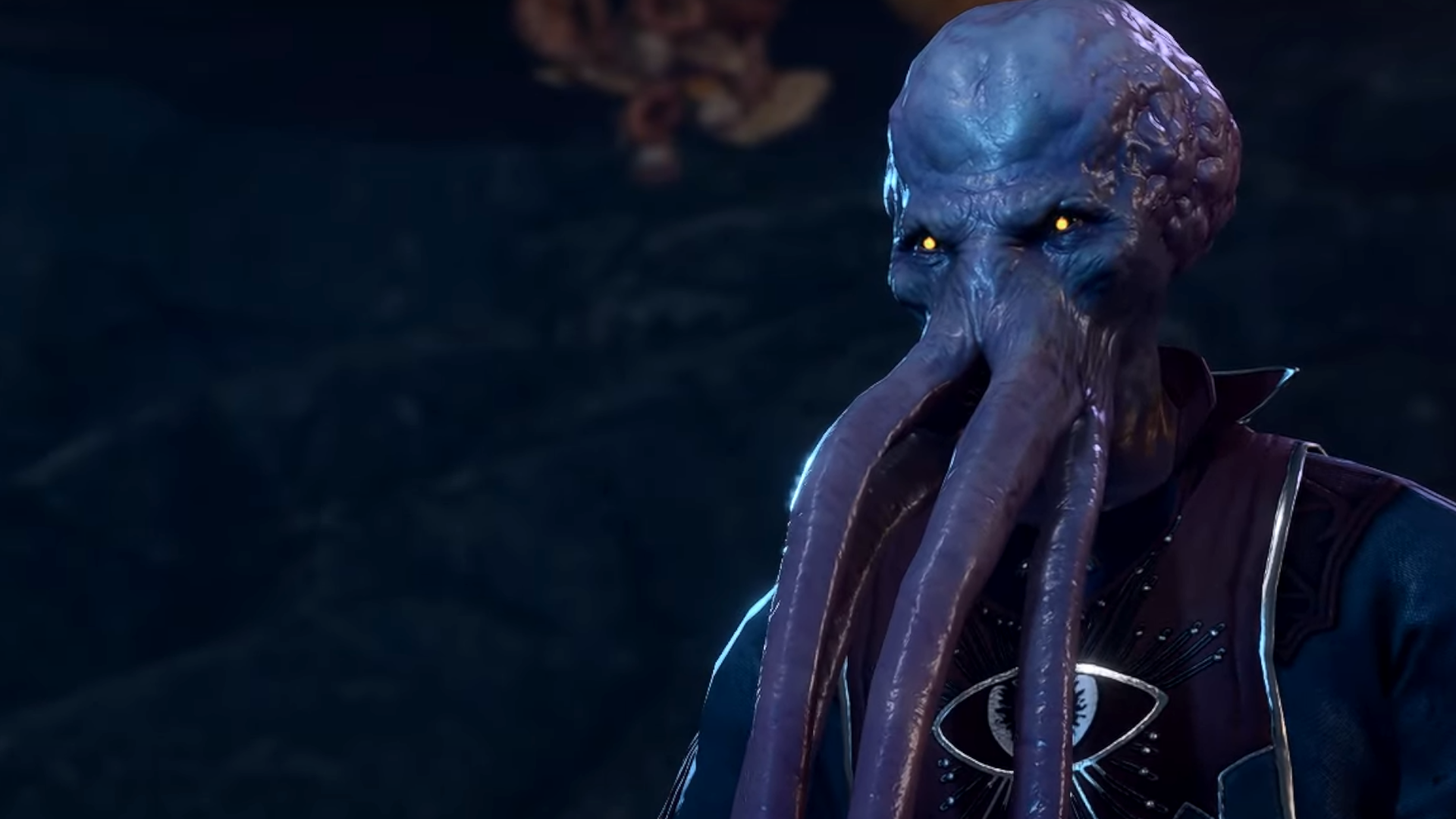
There are a few key items in Baldur's Gate 3 that'll make your honour mode run a lot easier. I've already mentioned Potions of Speed and the importance of food. Still, what matters to your particular run will be specific to your setup. With that in mind, did you know that shops replenish a lot of their inventory on a Long Rest?
Keep mental tabs of the items you're likely to use and the NPCs who sell them, then swing by to stock up every time you rest. One great example is Omeluum, the mind flayer you find in the Underdark with the Society of Brilliance. He sells Elixirs of Psychic Resistance, which are a pain in the rear to get otherwise, since they require Intellect Devourer Cerebellums to craft. They're also massively useful when you go to clear out the Mountain Pass Crèche.
An honourable mention goes to Volo, who stocks up with a pack of 40 camp supplies every night while he's at your camp—genuinely a massive boon, and worth delaying the invisibility-seeing eye he can otherwise grant you.
The best classes for getting your start in Honour Mode
I could go ahead and list the most busted multiclass builds to make your endgame powerhouses with, but I'd be here forever. Instead, I want to make an honourable mention of some solid builds that have carried both me and my fellow masochists through the game's first act.
There's your usual suspects—a Gloomstalker Ranger and Wildheart Bear Barbarian will always be strong—but there's some less expected examples that I've either had some success with, or seen used well.
The first honourable mention is Moon Druid. Spike Growth is one of the most powerful early game spells when used effectively, often dealing dozens of points of damage to foes charging through it. You can maintain concentration on Spike Growth after entering your wild shape, so laying down a powerful area-of-effect spell and then shifting into a tanky bear is extremely good.
My second pick is the College of Swords Bard—specifically, one dual-wielding crossbows. Having an off-hand attack you can make at a distance is massive, and Slashing Flourish gives you a pseudo-extra attack when you have bardic inspirations left to spend. You can multiclass this into Thief Rogue later for an extra bonus action shot—or go Thief Rogue right away, then grab levels of Bard.
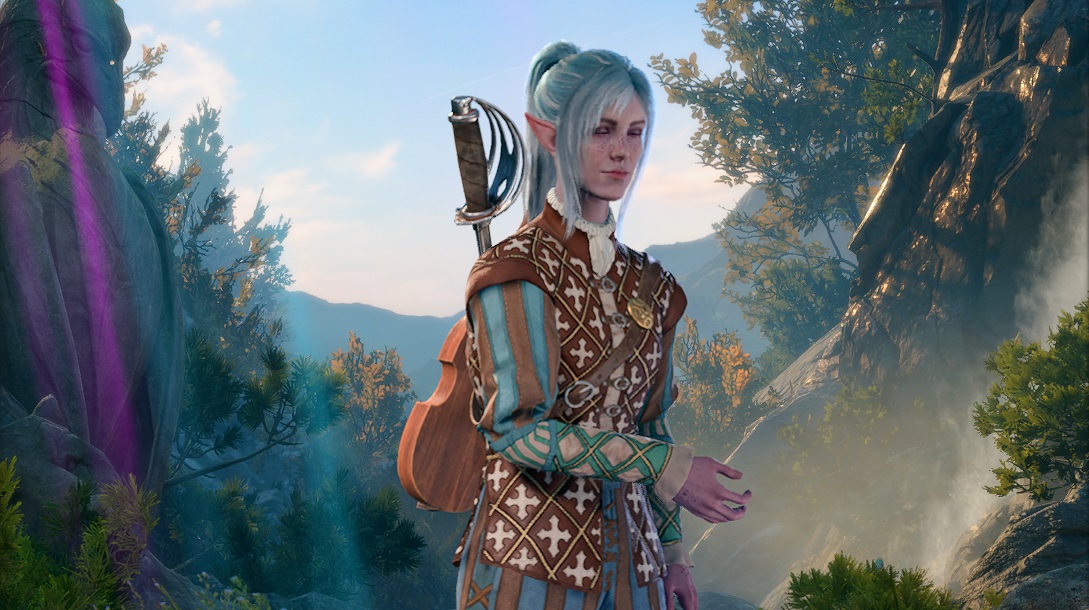
A surprising contender is the tanky Eldritch Knight. While other melee classes like the Barbarian have more pound-for-pound damage, the Eldritch Knight's ability to return any thrown weapon to their hand immediately makes them shockingly effective—especially since you'll often be funnelling your foes through corridors of grease and Spike Growth. There are a few great items to help buff this playstyle as well, such as the Ring of Flinging and the Gloves of Uninhibited Kushigo, as well as feats like Tavern Brawler.
This last suggestion comes from a friend of mine, and it's actually a combination of two classes—a Tempest Domain Cleric and a Blue/Bronze Draconic Bloodline Sorcerer. That's for one simple reason: Clerics gain access to Create or Destroy water, which applies the Wet status.
This makes enemies vulnerable to lightning damage, doubling the output of your zap-happy adventurers. This setup turns a humble 1st level spell into an incredible damage buff. And if you fight an enemy that's immune to Lightning, well—Sorcerers and Clerics are still both solid anyway, just make sure not to put all of your eggs in one basket with your spell selection.

Harvey's history with games started when he first begged his parents for a World of Warcraft subscription aged 12, though he's since been cursed with Final Fantasy 14-brain and a huge crush on G'raha Tia. He made his start as a freelancer, writing for websites like Techradar, The Escapist, Dicebreaker, The Gamer, Into the Spine—and of course, PC Gamer. He'll sink his teeth into anything that looks interesting, though he has a soft spot for RPGs, soulslikes, roguelikes, deckbuilders, MMOs, and weird indie titles. He also plays a shelf load of TTRPGs in his offline time. Don't ask him what his favourite system is, he has too many.
